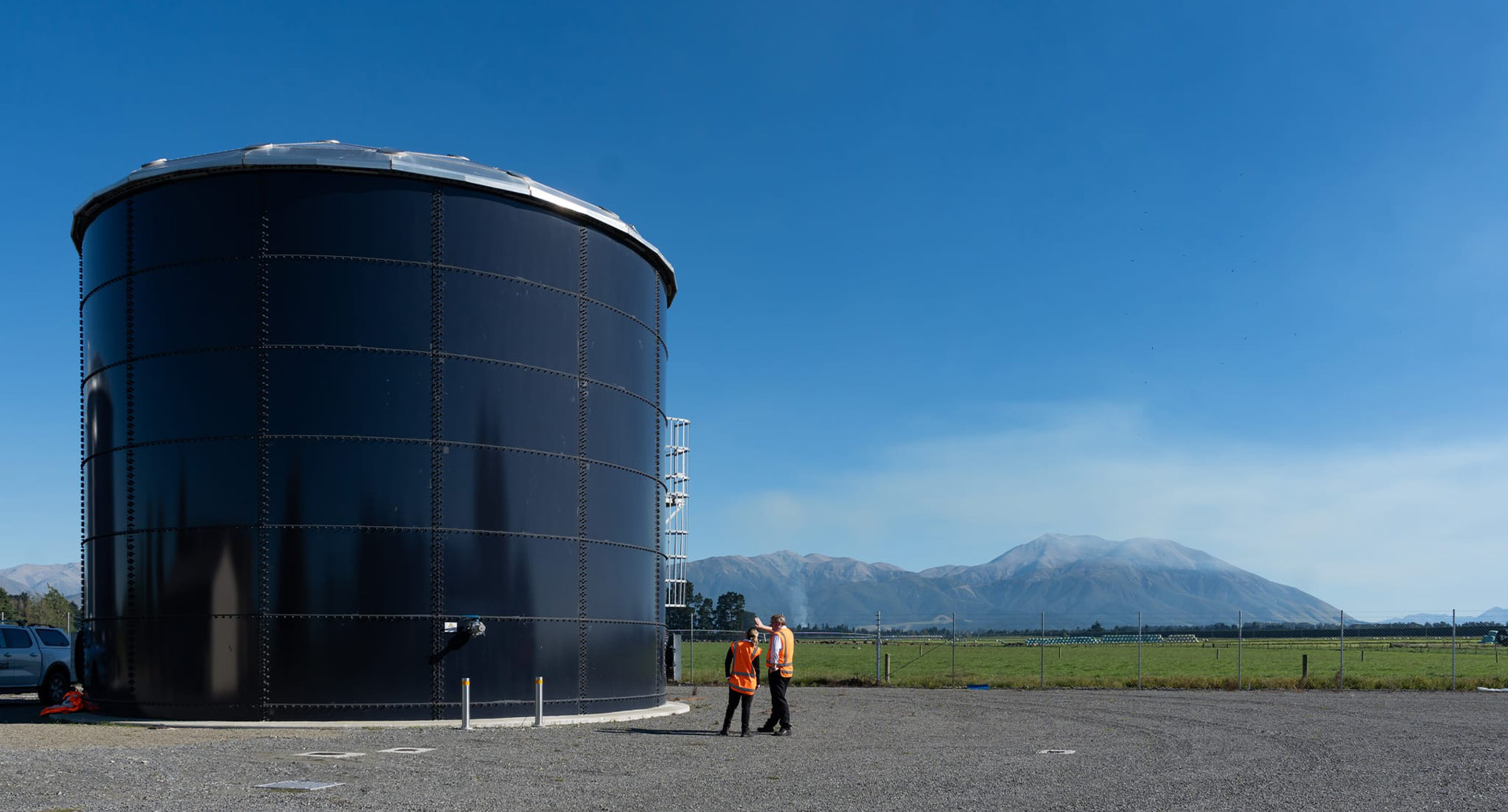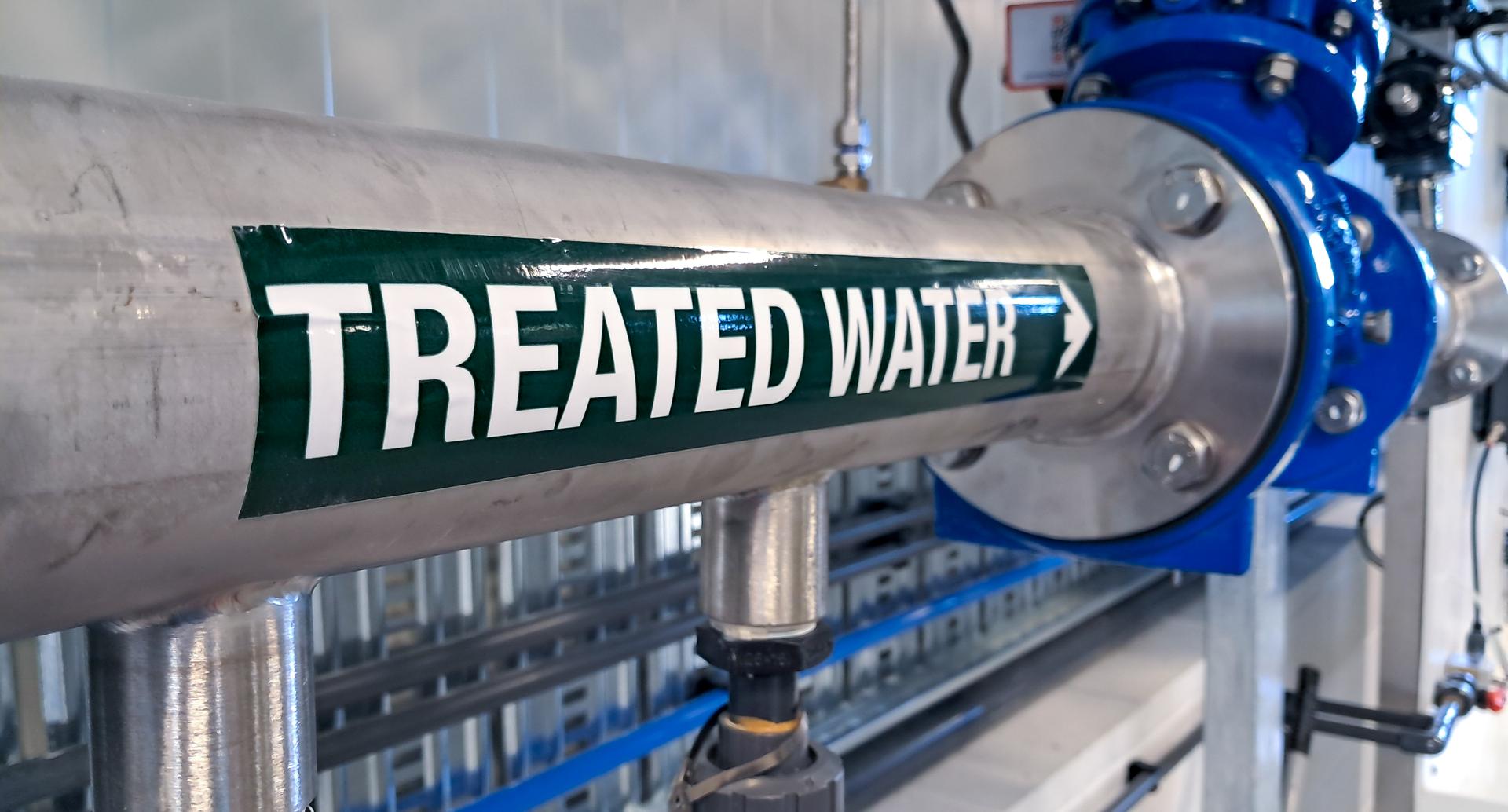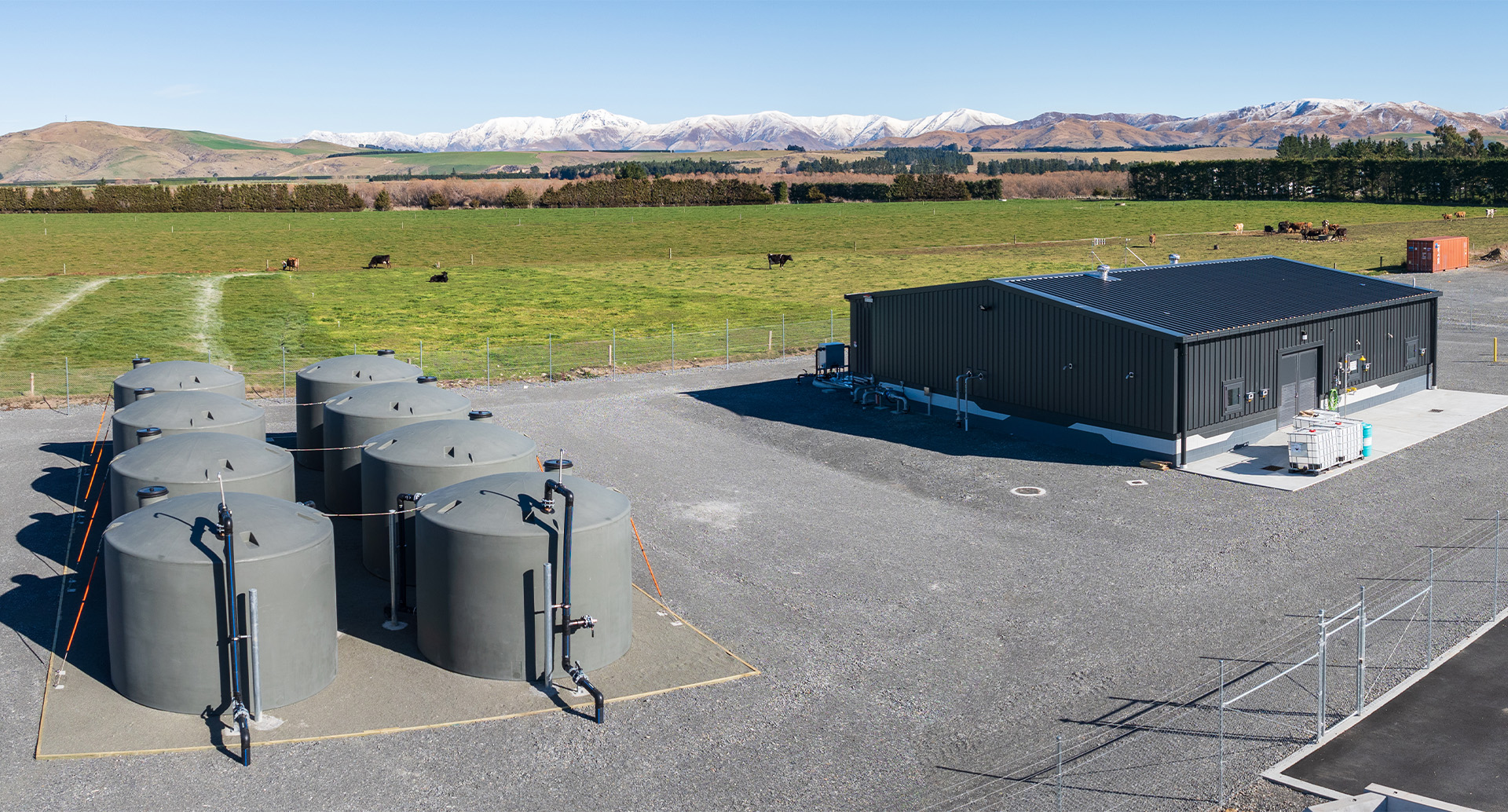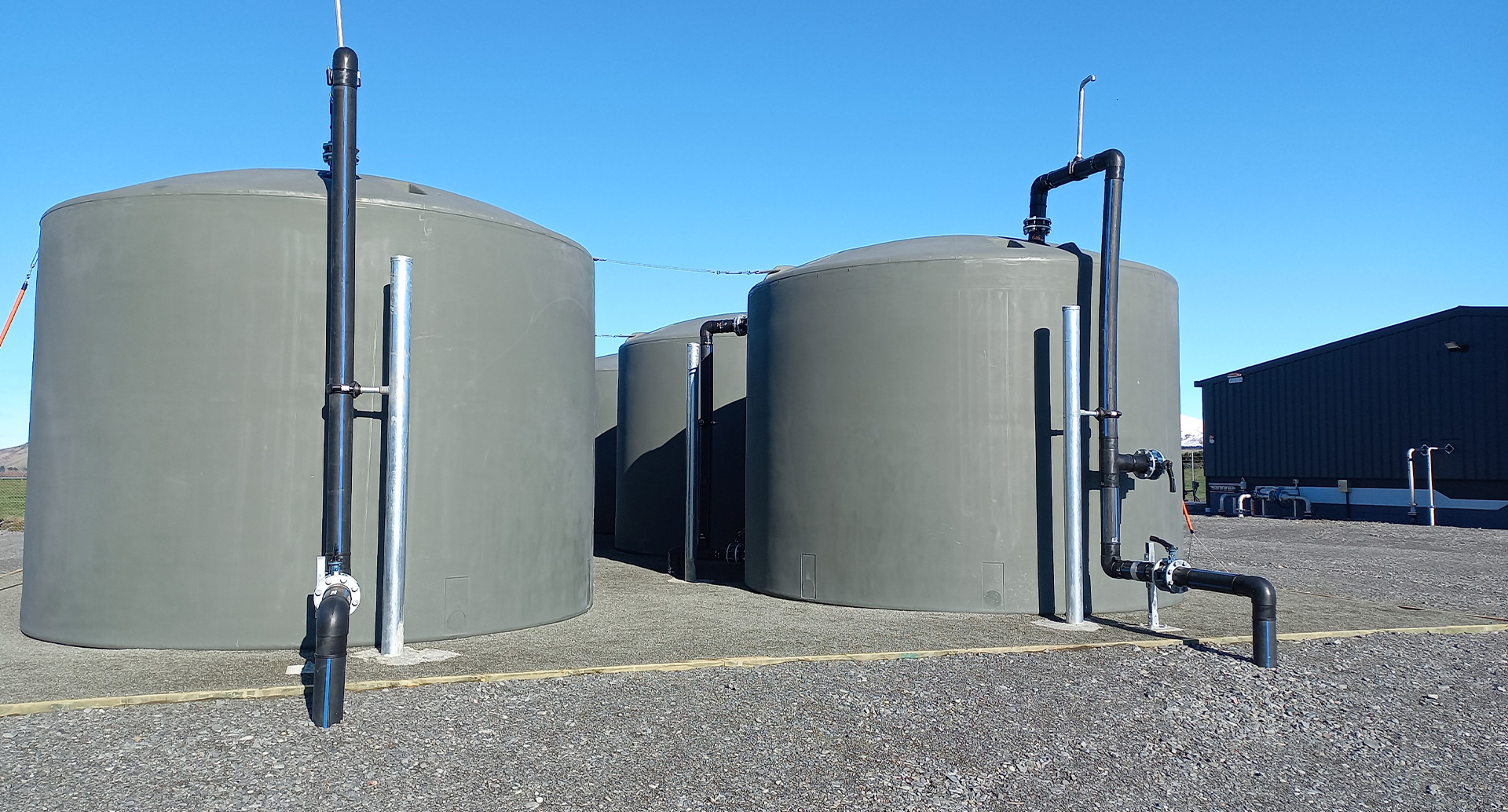Government Water Reform Programme
Central and local government have been looking for ways to overcome the challenges facing water services – that is, drinking water, wastewater and stormwater – known as three waters.
As a result, the Government has announced a reform programme, with the latest direction being set in December 2023. The reform has been previously known as Three Waters, Affordable Water, and now it's called Local Water Done Well.
In 2021, the Council ran a survey of residents to gather public opinion on the reforms, to help inform the stance of the Ashburton District.
During the Government's development of these reforms, the Ashburton District Council sent several submissions to Government indicating its concerns. It also joined a group of 30 councils called C4LD - Communities for Local Democracy, who opposed previous iterations of the reforms.
Now that the Government has settled on the Local Water Done Well programme, the Council is considering what might work best for Mid Canterbury under the available options.
The options include delivery in-house, various Council Controlled Organisation structures (CCO’s) or consumer trust models.
- Delivery in-house is how Council currently operates - staff are employed to oversee and deliver water assets and services. Under this option, there would still be major changes required to separate water operations from the rest of council business.
- One option could see the Council setting up its own specialised CCO for water services.
- Ashburton could also consider entering into a shared water CCO with other councils, and has had talks with several Canterbury neighbours.
- Council could also enter into a consumer trust ownership model.
Water CCO’s can borrow up to 500% of their operating revenue from the Local Government Funding Agency (LGFA) which is a much higher lending rate than councils can currently access.
After investigating, the Council will narrow down its options and discuss with the community in March or April 2025.
The Council will then write a Water Services Delivery Plan. Plans are due to be submitted to the Department of Internal Affairs by August 2025 and will be subject to the approval of the Minister for Local Government.
Frequently Asked Questions
The Government reviewed how to improve the regulation and supply arrangements of drinking water, wastewater and stormwater (three waters) to better support New Zealand’s prosperity, health, safety and environment. Most three waters assets and services, but not all, are owned and delivered by local councils.
The 2017 review ran in parallel to the latter stages of the Government Inquiry into Havelock North Drinking Water, which was set up following a campylobacter outbreak in 2016. Up to 5500 people were ill as a result and four people are thought to have died from associated causes.
The initial findings of the review were consistent with many of the Havelock North Inquiry’s findings, and raised broader questions about the effectiveness of the regulatory regime for the three waters, and the capability and sustainability of water service providers.
Effective three waters services are essential for our communities
- Our health and safety: depends on safe drinking water, safe disposal of wastewater and effective stormwater drainage.
- Our prosperity: depends on adequate supply of cost effective three waters services for housing, businesses and community services.
- Our environment: depends on well managed extraction of drinking water, and careful disposal of wastewater and stormwater.
A key feature of Local Water Done Well is providing councils with the flexibility to determine the optimal structure and delivery method for their water services. To support this, the Government is progressing legislation to expand the range of local government water service providers by enabling the establishment of new, financially separate water organisations.
These new water organisations are intended to enable enhanced access to long-term borrowing for water infrastructure – supporting infrastructure development, while managing costs for consumers. Councils will continue to be able to deliver water services directly (such as through inhouse business units), however they will also be able to establish new water organisations that are more financially and operationally independent of councils.
These models also make it easier for councils who wish to enter joint arrangements to achieve cost savings, improve efficiency and affordability. Councils will be able to design their own alternative delivery arrangements, as long as these arrangements meet the minimum requirements set out in legislation.
Councils will also have choices about which water services are provided through different service delivery arrangements. For example, they may wish to provide drinking water and wastewater services through a water organisation but retain stormwater services in-house.
Under Local Water Done Well, the Government has committed that water services will remain in public ownership. Councils and water organisations will not be able to privatise water services.
The choices available to councils include:
- whether to deliver water services in-house or establish a water organisation
- whether to deliver services on a stand-alone basis or establish a joint arrangement with other councils
- how to structure ownership and governance arrangements for any water organisation, and
- how to set up water organisations to facilitate access to long-term borrowing for water infrastructure
Councils that already deliver water services via a council-controlled organisation or council-controlled trading organisation will be able to continue to use these arrangements. However, the council-controlled organisation or council-controlled trading organisation will be subject to all of the new statutory requirements that will apply to water organisations and changes are likely to be required to meet these requirements. Councils will be able to design their own alternative delivery arrangements, as long as these arrangements meet the requirements for water service providers. This guidance provides further detail on the following illustrative examples outlined below. Other delivery models are permissible provided they meet certain minimum requirements or if a council obtains an exemption.
Water Services Delivery Plans (Plans) are a way for councils to demonstrate their commitment to deliver water services that meet regulatory requirements, support growth and urban development, and that are financially sustainable.
Through the development of Plans, councils will provide an assessment of their water infrastructure, how much they need to invest, and how they plan to finance and deliver it through their preferred water service delivery model.
Plans are a one-off, transitional requirement under the Local Government (Water Services Preliminary Arrangements) Act 2024.
The Act sets out the content, timeframe and process for developing and accepting Plans.
Councils are required to prepare Plans, either individually or with other councils, by 3 September 2025 (unless an extension is granted).
For councils that set up or become involved in a water organisation, it is expected that councils will establish constitutions with requirements expected to include:
- minimum board size
- rights and process to appoint and remove Directors and Board members, and
- Board member requirements.
There are no restrictions on what can be included within a company constitution provided it meets the requirements of relevant legislation. To ensure financial separation from councils is maintained, amendment of key features of the constitutions will require agreement by super-majority (75%) of shareholders.
Shareholding councils may also wish to provide for the establishment of a shareholder council (or similar body) to represent council interests in the entity. This body would support the coordination of multiple council interests and could play a key role in developing shareholder expectations, appointing board directors and overseeing performance.
Establishment of a shareholder council (or similar body) is not a statutory requirement but is advisable to avoid multiple interfaces between the water organisation and its owners. Members of a shareholder council could be appointed by councils and/or trustees of consumer trusts. Unlike boards, there would be no statutory restrictions on who could be appointed to a shareholder council. The process of appointing a shareholder council could be set out in a shareholder agreement.
Related News

Proposed local three waters service model on agenda
Council is proposing an in-house, stand alone business unit to deliver its three water services in the future, and will discuss the matter at its meeting on Wednesday.

Focusing on future water options
Council has taken another step in the Local Water Done Well reform and focused its water services delivery options from three to two.

Local approach for future of water
Council is set to formally begin work on its Water Services Delivery Plan under the Government’s Local Water Done Well legislation.

Council open-minded on water reform options
The Council is considering a range of options for the future of water service delivery in response to the Government’s Local Water Done Well reform programme.
